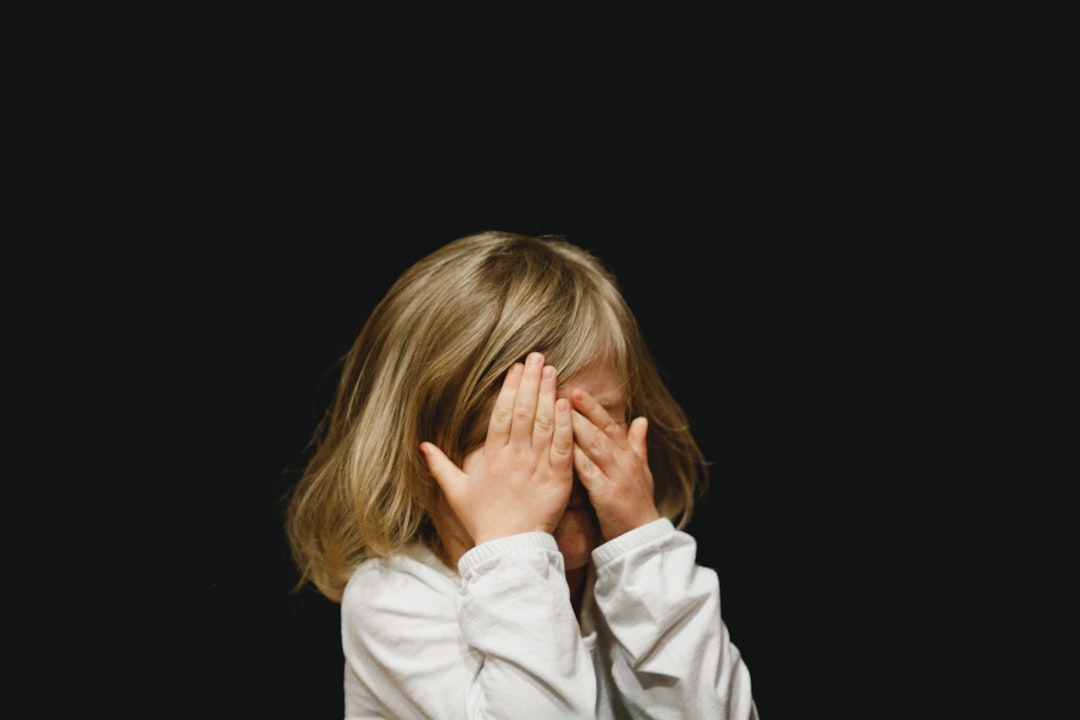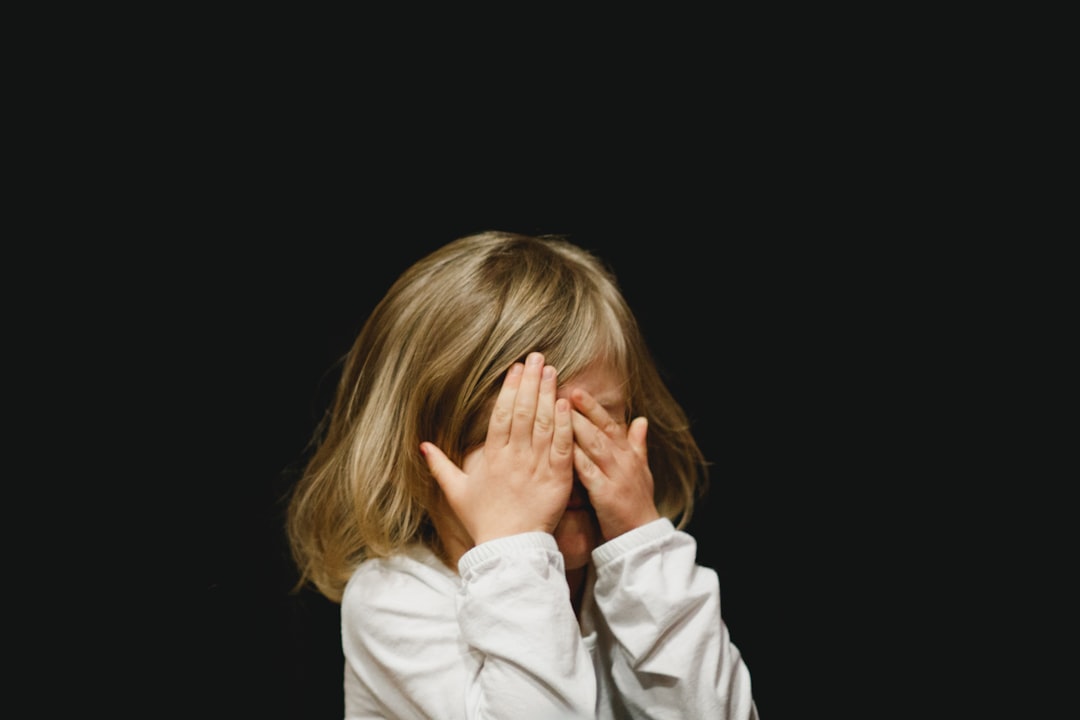In Pittsburgh, PA, where child safety is paramount, a dedicated attorney can play a pivotal role in protecting vulnerable young lives. This comprehensive guide explores the crucial services offered by a Pittsburgh child abuse lawyer. We delve into Pennsylvania’s child abuse laws, highlighting the expertise these legal professionals bring to bear on cases involving safety and justice for children. From understanding legal procedures to accessing support resources, this article equips parents, caregivers, and concerned citizens with vital knowledge about their rights and available protections.
Understanding Child Abuse Laws in Pennsylvania

In Pennsylvania, child abuse laws are designed to protect minors and ensure their safety from various forms of maltreatment. A child abuse lawyer in Pittsburgh PA plays a pivotal role in navigating these complex legal frameworks, which cover physical, sexual, emotional, and neglectful behaviors directed towards children. Understanding these laws is crucial for identifying potential cases of child abuse and ensuring that victims receive the justice and support they deserve.
Pennsylvania’s Child Protective Services (CPS) has established protocols to report suspected abuse, with strict timeframes for filing reports. A qualified child abuse lawyer in Pittsburgh PA can help families navigate these processes, providing guidance on legal rights and options available to protect children. They work tirelessly to represent victims, collaborate with law enforcement, and advocate for their clients’ best interests in court, ensuring that justice is served and the well-being of the child remains a top priority.
The Role of a Pittsburgh Child Safety Attorney

In Pittsburgh, Pennsylvania, a dedicated child safety attorney plays a vital role in protecting vulnerable children and ensuring justice for their victims. These legal professionals specialize in navigating complex laws and regulations pertaining to child abuse, neglect, and exploitation. They are the advocates for children who cannot speak up for themselves, offering crucial support and guidance during often challenging legal processes.
A child abuse lawyer in Pittsburgh PA investigates and collects evidence of mistreatment, interviews witnesses, and collaborates with various agencies to secure the best interests of the child. Their expertise involves understanding the intricate details of child welfare laws, which can vary from state to state. They represent children in court proceedings, ensuring their voices are heard and their rights are upheld, while also working towards holding perpetrators accountable for their actions.
What to Expect During a Case: Procedures and Rights

When you engage a child abuse lawyer in Pittsburgh, PA, for your case, understanding what to expect during the legal process is crucial. The first step typically involves an initial consultation where you’ll share details about the situation and any evidence you possess. The attorney will explain the legal options available, discuss potential outcomes, and guide you through the next steps. This phase is critical as it sets the foundation for your case.
During the actual proceedings, a child abuse lawyer in Pittsburgh PA will advocate for your rights and ensure that all legal procedures are followed. This may include filing protective orders, gathering and presenting evidence to support your claim, and representing you in court. You have the right to remain anonymous, and the process aims to protect both the victim and the accused while seeking justice.
Resources for Support and Prevention in Pittsburgh

Pittsburgh offers a range of resources for families and individuals seeking support and prevention regarding child safety and justice. Local organizations, such as the Allegheny County Office of Children, Youth & Families, play a vital role in providing services like emergency shelters, counseling, and long-term care for abused or neglected children. These institutions often collaborate with dedicated child abuse lawyers in Pittsburgh, PA, to ensure that victims’ rights are protected and perpetrators face justice.
Community centers and non-profit groups also contribute significantly by offering educational programs aimed at preventing child abuse. They conduct workshops on topics like parental guidance, stress management, and recognizing the signs of abuse. These proactive measures help foster a culture of awareness and responsibility where citizens can actively contribute to keeping children safe.






